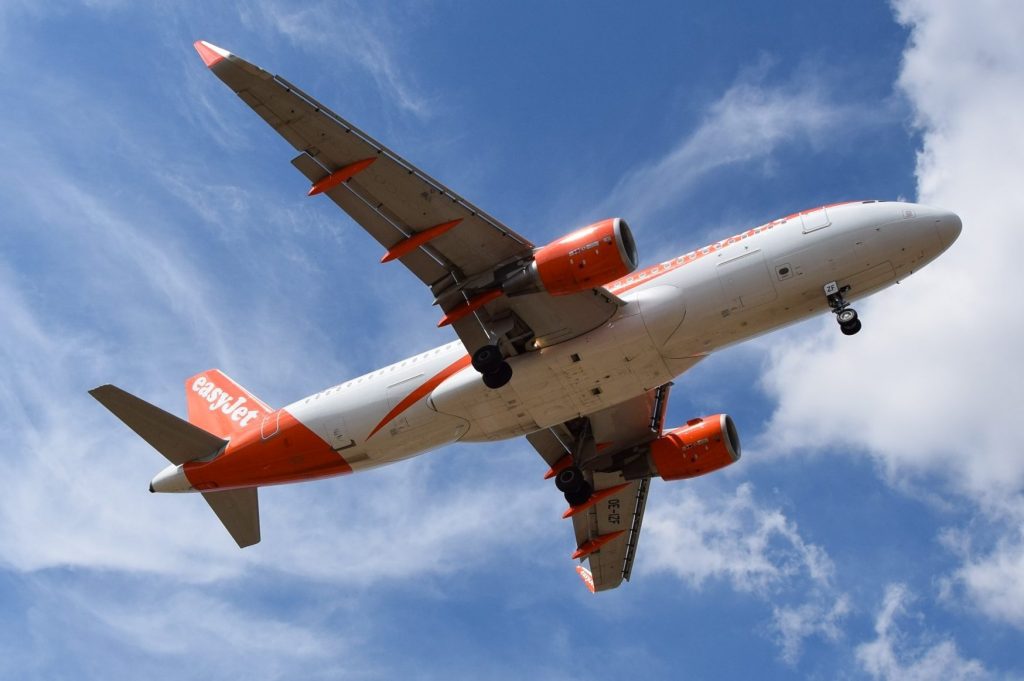Skift Take
Thomas Cook's departure from a number of European markets will help propel EasyJet forward for most of 2020. At the moment, it remains cautious on capacity growth. But given the good start, might the airline be tempted to change tack?
Thomas Cook’s exit last year from a crowded UK airline market has helped EasyJet book a strong start to the year.
The airline, which like others has cut back on its capacity growth plans for 2020, saw its total airline revenue per seat increase 8.7 percent to $76.46 (£58.56). Not all of this was down to the collapse of a rival. Other factors in the improvement include new initiatives to better predict pricing for last-minute departures.
“The improvement in our revenue per seat has been driven by our self-help revenue initiatives combined with robust customer demand and a lower capacity growth market.” Johan Lundgren, CEO, said in a statement.
Join Us at Skift Forum Europe in Madrid on March 24–25
EasyJet last year relaunched its package vacation product. The timing was somewhat fortuitous given Thomas Cook’s demise. So far the business has around 700 directly contracted hotels in over 100 destinations. EasyJet expects the division to be at least break-even in its current financial year.
Having a beefed-up holidays business helps EasyJet with bookings in the early part of the year as northern Europeans tend to organize their trips in the colder winter months.
“[T]raditionally, the holiday segments are booking earlier, which is good for ourselves. So that’s something that we like, early bookings,” Lundgren told analysts on an earnings call on Tuesday.
Offset Scheme Getting Results
In November, EasyJet became the first major airline to operate net-zero carbon emission flights across its network thanks to a new offsetting scheme.
The move certainly helped the carrier generate some positive PR but as we’ve said before offsetting doesn’t stop airlines spewing out tonnes of carbon dioxide.
EasyJet claims to already be seeing an improvement with a 7 percentage point increase in satisfaction from customers who were aware their flight was offset.
Lundgren at least acknowledges that offsetting is an “interim” measure. The problem is the planet is running out of time to find a solution to the climate crisis. Electric planes capable of carrying enough people to make a difference in the short-haul market are decades away. The only real solution is to reduce flying across the globe, something most airlines will not even countenance.
First-Quarter Results
Like other European public companies, EasyJet isn’t required to report earnings on a quarterly basis, and instead chooses to publish certain key metrics.
Total revenue increased 9.9 percent to $1.9 billion (£1.4 billion) for the three months to the end of December 2019, with load factor up 1.6 percentage points to 91.3 percent.
“An encouraging trading statement with a very upbeat revenue per seat number. Expect today’s report to be taken well by the market,” Daniel Roeska, senior research analyst at broker Bernstein said in a note to investors.
Shares in the company were up more than 4 percent in early trading.
Former Ryanair executive Peter Bellew, who was involved in a court case against his former employer, has now started at EasyJet.
Skift Editor’s Note: This article was updated to reflect that EasyJet reported a 7 percentage point increase in satisfaction from customers who were aware their flight was offset, rather than an increase in awareness.
Register now for Skift Forum Europe in Madrid on March 24–25
The Daily Newsletter
Our daily coverage of the global travel industry. Written by editors and analysts from across Skift’s brands.
Have a confidential tip for Skift? Get in touch
Tags: brexit, earnings, easyjet, europe, uk
Photo credit: An EasyJet A320. The airline reported an encouraging start to its financial year. Frankfurt Aviation Photography Follow / Flickr
